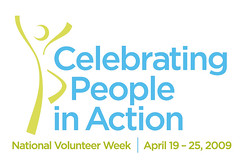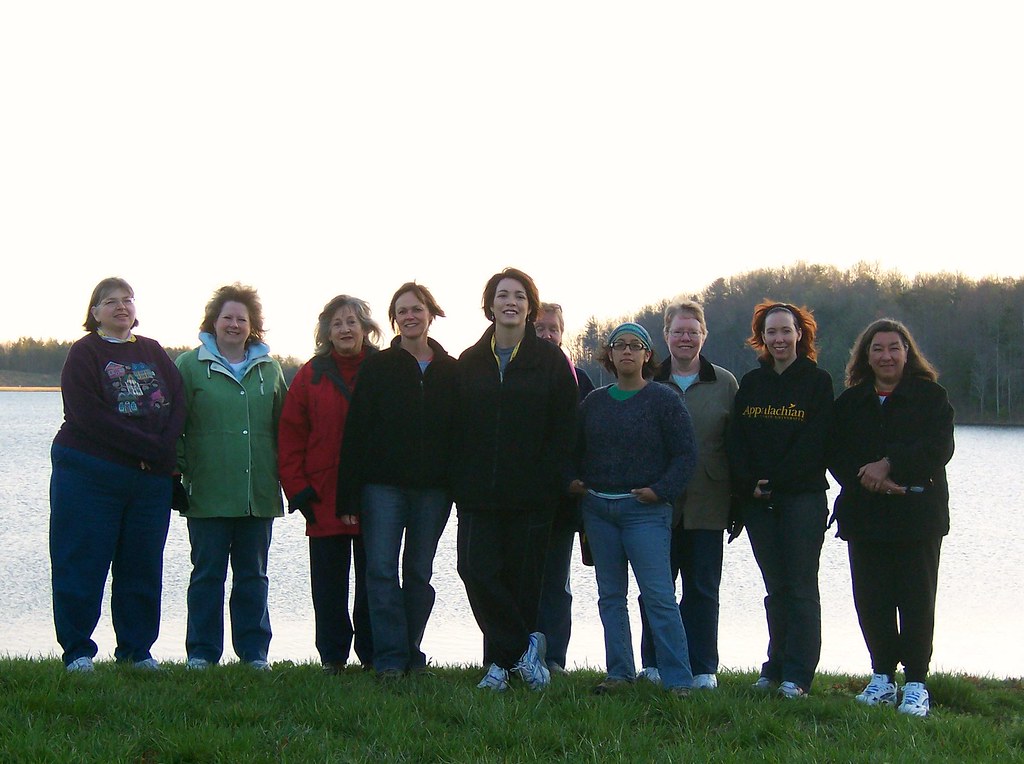THE WHITE HOUSE
Office of the Press Secretary
For Immediate Release
April 8, 2009
NATIONAL SEXUAL ASSAULT AWARENESS MONTH, 2009
BY THE PRESIDENT OF THE UNITED STATES OF AMERICA
PROCLAMATION
Sexual assault scars the lives of millions in the United States. To increase awareness about this issue, prevent future crimes, and aid victims, this month we mark National Sexual Assault Awareness Month.
Sexual assault is pervasive in the United States. Study after study has shown that this crime impacts people at all age levels and in every part of this Nation. One recent study found that 18 percent of women in this country have been raped in their lifetime. In addition, rates of sexual assault remain startlingly high for students from high school to college. A 2005 survey of high school students found that 10.8 percent of girls and 4.2 percent of boys from grades nine to twelve were forced to have sexual intercourse at some time in their lives. A study of college women found that 13.7 percent of undergraduate women had been victims of at least one completed sexual assault since entering college. Unlike victims of sexual assault in the larger community, students victimized by other students often face additional challenges in a "closed" campus environment. For example, a victim may continue to live in danger if the perpetrator resides in the same dormitory or attends the same classes. These statistics are all the more alarming given that, according to recent research, a majority of victims do not report their attacks to police.
Victims of all ages suffer from both the physical and emotional consequences of the attack. Sexual assault can lead to long-term health problems including chronic pain, stomach problems, and sexually transmitted diseases. It can also cause severe emotional harm that may be even more painful than the assault itself and resulting physical injuries. The effects of sexual assault go well beyond the direct victim: sexual assault also has a profound impact on a victim's family, friends, neighbors, and workplace.
Victims need an array of services to heal from the trauma of sexual assault, including crisis intervention, 24-hour sexual assault hotlines, medical and criminal justice accompaniment, advocacy, and counseling. Victim service providers are essential to this effort and work tirelessly to help victims cope with the trauma of sexual assault and transition from "victim" to "survivor."
Landmark legislation has helped fund these critical services. The Victims of Crime Act of 1984 (VOCA, Public Law 98-473) established the Crime Victims Fund to fund services such as forensic sexual assault examinations and compensation claims for both adult and child victims. For example, since 1997, VOCA funding has supported the development of Sexual Assault Nurse Examiner (SANE) programs and multi-disciplinary Sexual Assault Response Teams (SART). The Violence Against Women Act of 2005 (VAWA, Public Law 109-162) authorized the Sexual Assault Services Program, the first Federal funding dedicated exclusively to sexual assault services. The Program includes funding for culturally specific programs that serve victims who face unique cultural and linguistic barriers.
In addition to helping victims, offenders must be held accountable for their crimes. Sexual assault forensic examinations and trained examiners can ensure that victims are treated with requisite sensitivity and that critical evidence is collected to facilitate a successful prosecution. To this end, VAWA mandates that all States that accept Federal grants to combat violence against women ensure that sexual assault victims receive forensic examinations free of charge, even if the victim chooses not to report the crime to the police.
To make continued progress, my Administration supports efforts to help Americans better understand this issue. Working together, we can reduce the incidence of sexual assault and help all who have experienced this heinous crime.
NOW, THEREFORE, I, BARACK OBAMA, President of the United States of America, by virtue of the authority vested in me by the Constitution and laws of the United States, do hereby proclaim April 2009, as National Sexual Assault Awareness Month. I urge all Americans to respond to sexual assault by creating policies at work and school, by engaging in discussions with family and friends, and by making the prevention of sexual assault a priority in their communities.
IN WITNESS WHEREOF, I have hereunto set my hand this eighth day of April, in the year of our Lord two thousand nine, and of the Independence of the United States of America the two hundred and thirty-third.
BARACK OBAMA
Posted by Kate Tinnan, WRC volunteer


![Reblog this post [with Zemanta]](http://img.zemanta.com/reblog_e.png?x-id=9c48d8f4-eb3d-44f3-b79c-6f2f1da9327f)

![Reblog this post [with Zemanta]](http://img.zemanta.com/reblog_e.png?x-id=3efc0a44-2cc8-47b6-b992-87675ccea461)

![Reblog this post [with Zemanta]](http://img.zemanta.com/reblog_e.png?x-id=c61550db-384a-42fc-aadd-0eabd3754b57)








